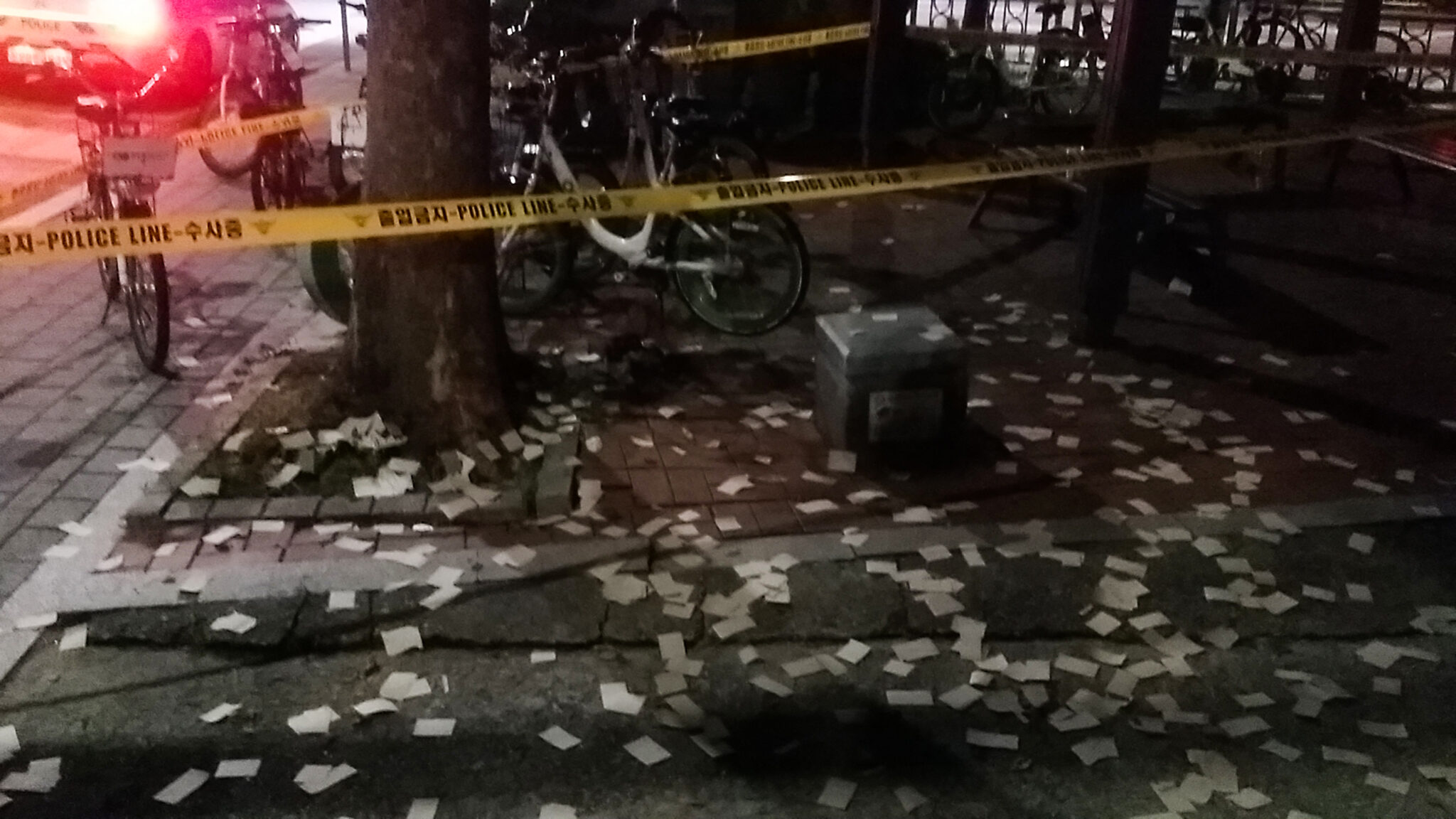North Korea balloons, GPS ‘spoofing’ threaten South Korea’s airspace
SEOUL—North Korea’s trash balloon campaign, missile launches and the emergence of GPS “spoofing” have increased risks in South Korean airspace, aviation experts say, complicating airline operations as tensions rise between the rival nations.
In late May, North Korea began floating thousands of balloons with bags of trash, including human excrement, suspended under them into South Korea, in what analysts say is a form of psychological warfare.
Hundreds of balloons landed in the South during seven waves between May 29 and June 27, including one on a runway at Incheon airport, forcing a three-hour suspension of takeoffs and landings at its biggest international gateway.
When the balloons first appeared, aviation navigation interference from North Korea also spiked, including what appears to be the first bout of so-called “spoofing” affecting commercial aircraft in the South.
Deteriorating
“Airspace safety is gradually deteriorating,” Opsgroup, a membership-based organization that shares flight risk information, said in a June bulletin. “There are no official airspace warnings for South Korea, but the risk situation seems to be getting worse.”
South Korea’s transport ministry said its military, air traffic control authorities and airlines maintain a 24-hour surveillance and communication system.
“The South Korean military detects these balloons using surveillance assets … day and night,” a military spokesperson said, without giving further details.

North Korea, which also launched trash balloons in 2016, says they were retaliation for propaganda campaigns by North Korean defectors and activists in the South who send items via balloon.
‘Quite complicated’
The balloon flights have several times shut down operations at Incheon, the world’s fifth-busiest international airport and an important cargo hub, about 40 km from North Korea.
The balloons have made flying in the area “quite complicated,” said Yun Chan Hwang, general manager of network operations for Korean Air Lines, which has adapted procedures to deal with the new hazard.
If northerly winds are expected, the airline adds fuel to flight plans so aircraft can stay aloft longer or divert to alternative airports, Yun said.
Disruption caused by the balloon campaign is being exacerbated by increased signs of interference to the Global Positioning System (GPS).
Reuters, the news and media division of Thomson Reuters, is the world’s largest multimedia news provider, reaching billions of people worldwide every day. Reuters provides business, financial, national and international news to professionals via desktop terminals, the world's media organizations, industry events and directly to consumers.















